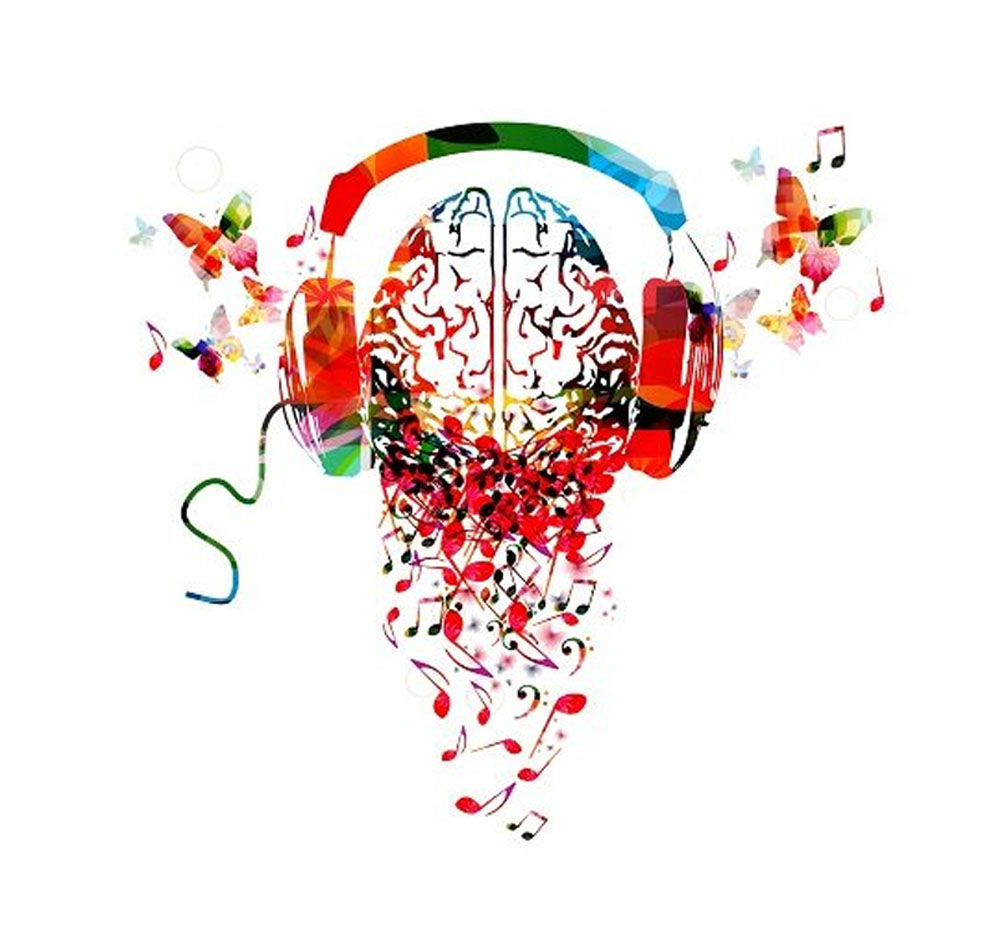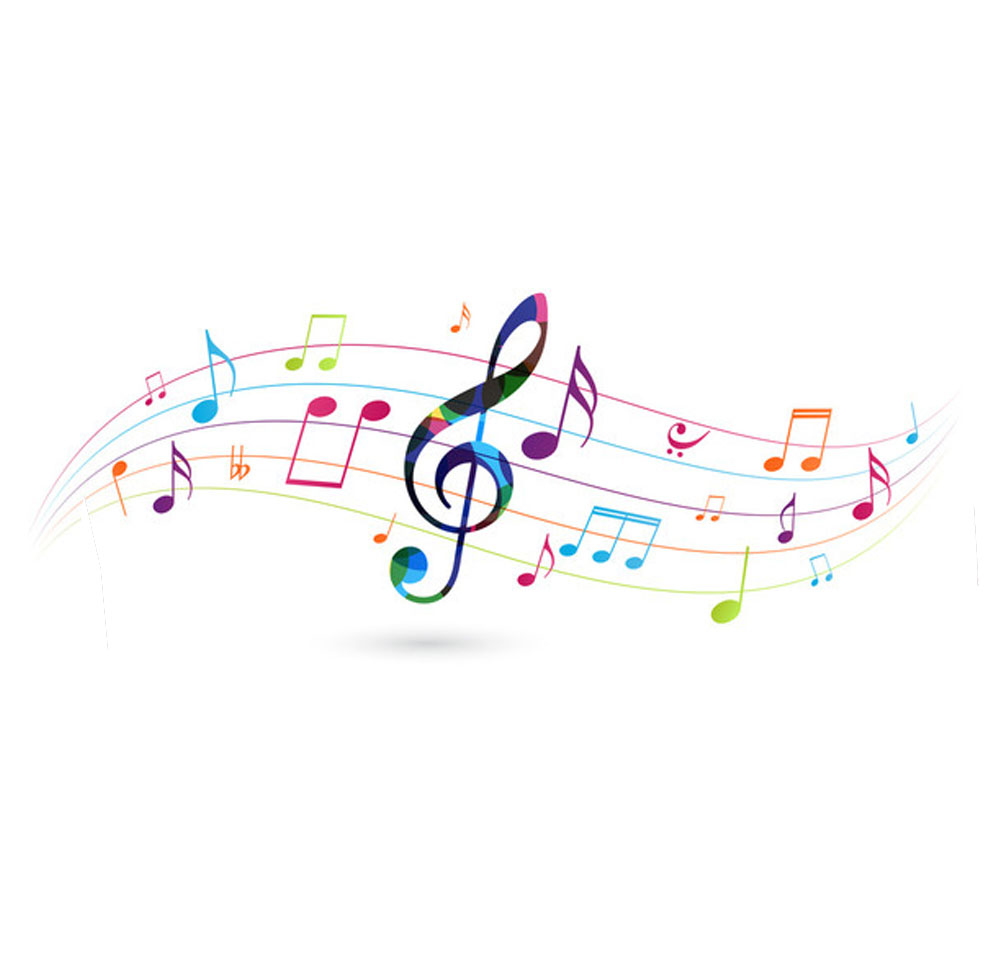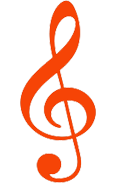NEUROLOGIC MUSIC THERAPYSo what is neurologic music therapy(NMT)

NMT
Neurologic Music Therapy(NMT)® is a research-guided clinical system that is driven by advances in neuroscience and the understanding of perception, cognition, and production of music and how music can influence and change non-musical brain and behaviour function.

Brain Injury & Neuro-disabilityNMT
Neurologic Music Therapy (NMT) is the therapeutic use of music applied to sensory, speech and language, cognitive, and motor dysfunctions after a neurologic event or diagnosis. The therapy is based on neuroscience research on how music is processed and perceived in the brain, and how we can use that as a tool in neurorehabilitation to improve non-musical goals.
Research has shown that being actively or passively engaged in music-making accesses and stimulates multiple areas of the brain bilaterally. Engaging in music has been shown to facilitate neuroplasticity, therefore positively influencing quality of life and overall functioning. Research has shown that music activates cognitive, motor, and speech centres in the brain through accessing shared neural systems. NMT interventions are based on the scientific knowledge of music perception and production and the effects of this treatment on non-musical brain and behaviour functions. There is no required musical ability for patients to participate in or benefit from NMT!
The populations that Neurologic Music Therapists treat include:
- Improve overall physical rehabilitation
- Stroke
- Coma Recovery
- Autism
- Alzheimer’s Disease
- Parkinson’s Disease
- Huntington’s Disease
- Cerebral Palsy
- Multiple Sclerosis
NMT cognitive treatment areas include attention, arousal, auditory perception, spatial neglect, executive functioning, and memory. Within these interventions, music provides stimulation and structure to the brain, introduces timing, grouping, and synchronization for better organization, and recruits parallel brain systems.
Speech and language treatment areas of NMT include expressive aphasia, fluency, prosody, apraxia, vocalization, coordination, volume, breath and oral motor control, respiratory strength, dysarthria, articulation, intelligibility, and comprehension. Speech and singing share neural systems, which means that we can use music and singing to positively impact many speech and language goal areas.
NMT motor treatment areas include rehabilitation of gait as well as fine and gross motor movements including strength, endurance, balance, range of motion, coordination, and dexterity. By using auditory rhythm to facilitate entrainment, we see an improvement in motor control! We use the therapeutic application and spatial placement of musical instruments to accomplish these goals.
Other dementias and neurologic conditions:
- Mental health needs
- Developmental and learning disabilities
- Alzheimer’s disease and other aging-related conditions
- Substance abuse problems
- Brain injuries
- Physical disabilities
- Acute and chronic pain, including mothers in labour
Benefits of Neurologic Music Therapy and music therapy?
- Increased confidence
- Enhanced self esteem
- Development of fine and gross motor skills for functional tasks – improved independence
- Opportunities to explore emotions verbally/non-verbally
- Practice of planning, sequencing and memory, allowing for ease of transition and increased independence when discharged back into community/home
- Increasing awareness of self and acceptance during a time of transition from previous to present and present to future condition


Areas supported by Neurologic Music Therapy™
Speech and Communication:
- Enhancing functional and spontaneous speech – improving the clarity of speech.
- Improving functional breath support.
- Reacquisition of words.
- Language.
Motor Skills:
- Improving trunk control.
- Improving balance, coordination, posture – supporting gait.
- Improving fine and gross motor skills.
Cognition:
- Addressing and improving difficulties with attention and focus – focus/attention to neglected side.
- Improving executive functioning.
- Improving memory/recall.
- Executive functions.
- Attention
- Perception
- Memory
Other areas supported by Neurologic Music Therapy and music therapy:
Emotional health and well-being:
- Promoting self-expression.
- Mood elevation.
- Increasing confidence and self-esteem.
Speech and communication
Motor Skills
Cognition
NMT is defined as the therapeutic application of music to cognitive, affective, sensory, language, and motor dysfunctions due to neurologic disease of the human nervous system. It is for any population including stroke, traumatic brain injury, Parkinson’s and Huntington’s disease, cerebral palsy, Alzheimer’s disease, autism, mental health, and other neurological diseases affecting cognition, movement, communication, and psychosocial function.
Neurologic Music Therapy (NMT)® is a standardised system of clinical techniques that use the functional perception of all properties of music to train and retrain brain and behavior function.







